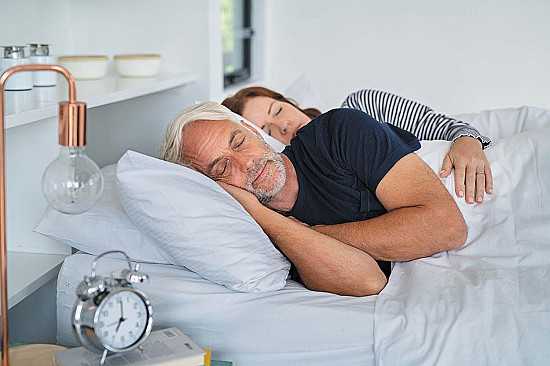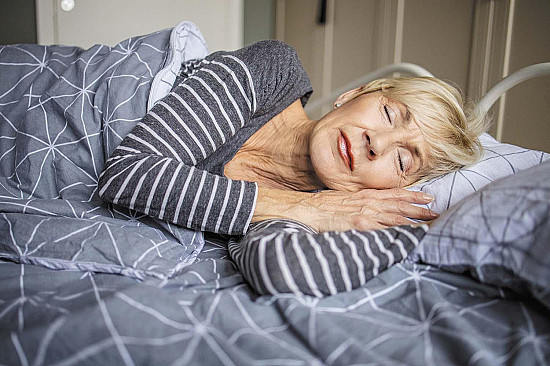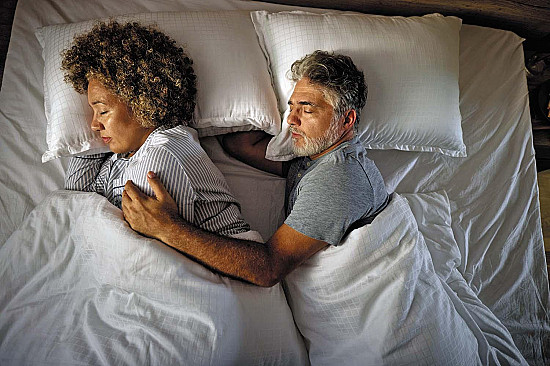Can a quick snooze help with energy and focus? The science behind power naps
- Reviewed by Sogol Javaheri, MD, MPH, Editorial Advisory Board Member, Harvard Health Publishing

If you need a quick pick-me-up during the day, a power nap can be just the thing to help restore mental clarity and fight off fatigue. Power naps can help boost productivity and improve overall well-being, especially when taken at the right time and for the right duration.
What is a power nap?
A power nap is a short nap that lasts anywhere from 10 to 30 minutes. Even though you're only resting for a short period of time, power naps can effectively increase your level of alertness and focus.
How? Power naps allow your body and mind to rest without entering deeper stages of sleep. Once you enter deep sleep — typically about 30 minutes after you've fallen asleep — you are likely to experience "sleep inertia" upon waking. Sleep inertia is the drowsy feeling you may get when you wake up, in which you feel temporarily disorientated and are slower to react. It can take your body 30 to 60 minutes to recover from sleep inertia.
Benefits of a quick snooze: An energy boost and mental clarity
Naps offer several health benefits that can improve your quality of life. Studies show that naps can enhance mood, reduce fatigue, and improve alertness. Additional research has found that power naps may help decrease blood pressure and improve heart health, especially when taken in the early afternoon.
Power naps may support work performance as well. Researchers at NASA found that pilots who napped 20 to 30 minutes were over 50% more alert and over 30% more proficient at their jobs than pilots who didn't nap.
How long should a power nap be?
Keep your power nap to 30 minutes or less to avoid sleep inertia.
A shorter nap can also help you bypass some health risks associated with longer naps. For example, a study published in Obesity found that adults who napped longer than 30 minutes were more likely to experience higher blood pressure and blood sugar levels than people who did not nap. Short nappers did not share this increased risk.
Set an alarm to ensure your nap doesn't exceed the 30-minute mark.
Tips for a restorative power nap
The following tips can help you get the biggest boost out of your power nap.
Time it right. Aim to nap in the early afternoon, ideally between 1 p.m. and 3 p.m., when your body naturally experiences a dip in energy. Napping too late in the day can interfere with nighttime sleep. That said, the ideal time to nap varies by individual. Some people may benefit from earlier naps depending on what time they wake up and go to sleep.
Keep it short. Set an alarm to wake you after 20 to 30 minutes. A short nap will leave you refreshed rather than groggy.
Create a cozy environment. Find a quiet, dark, and comfortable space where you won't be interrupted. If you're in a bright or noisy area, consider using an eye mask or earplugs to help you fall asleep faster.
Listen to your body. If you frequently feel the need for a nap, it may be a sign of inadequate nighttime sleep. While a power nap can help boost energy in the short term, make sure you're prioritizing a good night's rest as well. Frequent daytime drowsiness can also be a sign of sleep apnea, a common disorder that causes people to stop breathing for short periods during sleep. Talk to your doctor if you are regularly sleepy during the day or if you're a loud snorer.
Finally, napping is not for everyone. Some people may not feel refreshed even after a short nap. In that case, the best approach may be to avoid napping and focus on getting a good night's sleep.
About the Author

Jenette Restivo, Health Writer; Assistant Director for Digital Content Creation and Engagement, Harvard Health Publishing
About the Reviewer

Sogol Javaheri, MD, MPH, Editorial Advisory Board Member, Harvard Health Publishing
Disclaimer:
As a service to our readers, Harvard Health Publishing provides access to our library of archived content. Please note the date of last review or update on all articles.
No content on this site, regardless of date, should ever be used as a substitute for direct medical advice from your doctor or other qualified clinician.















